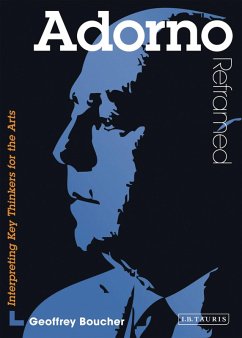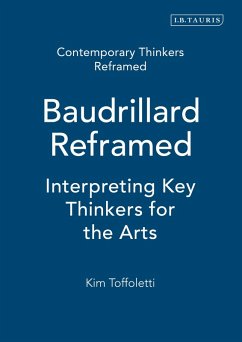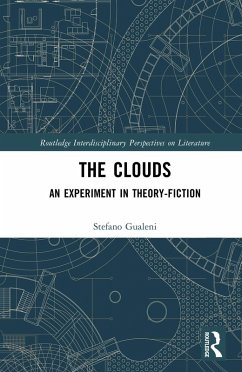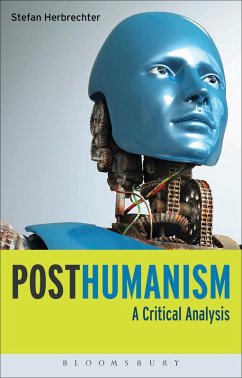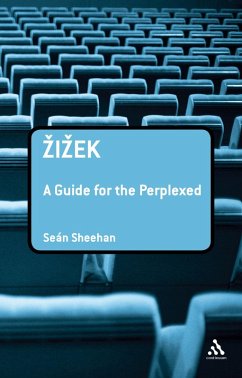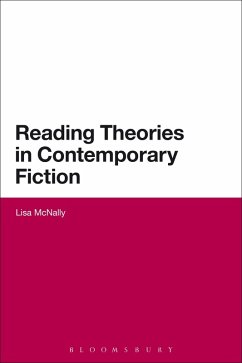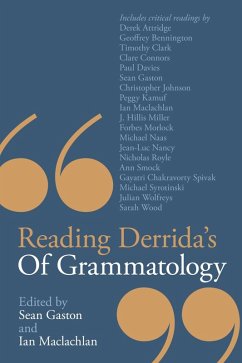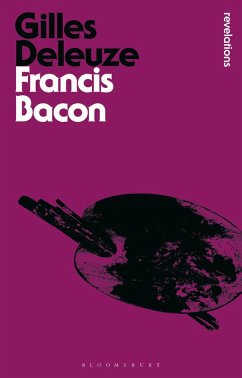
Bakhtin Reframed (eBook, ePUB)
Interpreting Key Thinkers for the Arts

PAYBACK Punkte
8 °P sammeln!
Legendary philosopher and literary critic Mikhail Bakhtin (1895-1975) developed concepts which are bywords within poststructuralist and new historicist literary criticism and philosophy yet have been under-utilised by artists, art historians and art critics. Deborah Haynes aims to adapt Bakhtin's concepts, particularly those developed in his later works, to an analysis of visual culture and art practices, addressing the integral relationship of art with life, the artist as creator, reception and the audience, and context/intertextuality. This provides both a new conceptual vocabulary for those...
Legendary philosopher and literary critic Mikhail Bakhtin (1895-1975) developed concepts which are bywords within poststructuralist and new historicist literary criticism and philosophy yet have been under-utilised by artists, art historians and art critics. Deborah Haynes aims to adapt Bakhtin's concepts, particularly those developed in his later works, to an analysis of visual culture and art practices, addressing the integral relationship of art with life, the artist as creator, reception and the audience, and context/intertextuality. This provides both a new conceptual vocabulary for those engaged in visual culture - ideas such as answerability, unfinalizability, heteroglossia, chronotope and the carnivalesque (defined in the glossary) - and a new, practical approach to historical analysis of generic breakdown and narrative re-emergence in contemporary art. Haynes uses Bakhtinian concepts to interpret a range of art from religious icons to post-Impressionist painters and Russian modernists to demonstrate how the application of his thought to visual culture can generate significant new insights. Rehabilitating some of Bakhtin's neglected ideas and reframing him as a philosopher of aesthetics, Bakhtin Reframed will be essential reading for the huge community of Bakhtin scholars as well as students and practitioners of visual culture.




